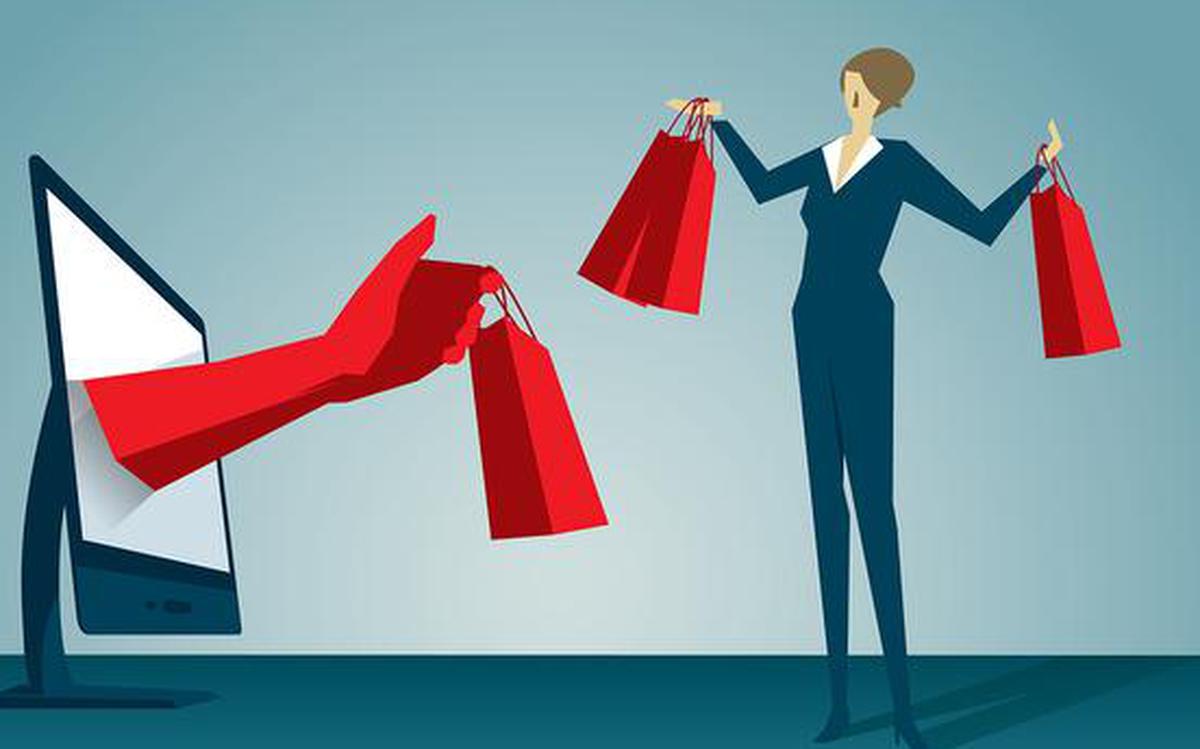BNPL Startups Are Tapping A New-Found Appetite In South Africa

Hundreds of thousands of South Africans are paying for their goods by using buy now pay later (BNPL) which is growing 10–15 percent per month and recorded a 50 percent growth from the first to the second quarter of 2022, according to Payflex, a South African BNPL provider which claims over 300,000 customers. Buy-Now-Pay-Later (BNPL) payments are likely to hit around ZAR 2 B (over USD 100 M) in South Africa by the end of 2022, the startup estimates.
Paul Behrmann, Payflex CEO, says that South Africans are becoming more comfortable with using BNPL as a budget tool, shunning expensive credit to pay for purchases in four equal instalments. “South Africans have shown an incredible appetite for BNPL offerings. It is simple to understand, transparent and easy to use – and this is reflected in our triple growth metrics each year since 2019.”
BNPL services differ from traditional credit offerings it does not charge customers interest or fees. The product is usually free to use for the customer if they pay on time, and they are able to repay the balance over a period of weeks to months. Merchants typically pay a nominal fee or a rebate to BNPL service providers to offer this convenience to their customers.
Fastest growing payment method
BNPL is projected by Worldpay to be the world’s fastest-growing payment method between 2021 and 2025. Internationally, large and established financial service companies like Mastercard and Visa are integrating BNPL into their products and South African companies are also incorporating BNPL into their offering.
“BNPL currently makes up 2-3 percent of total online retail spend and at its current growth rate, this could reach 10-15 percent in the next two years. We expect to see other channels such as in-store retail driving strong growth as the online market matures,” says Behrmann.
According to a new report, BNPL payment in South Africa is expected to grow by 97.5 pecent on annual basis to reach USD 457.3 M in 2022.
The medium to long-term growth story of BNPL industry in South Africa remains strong. The BNPL payment adoption is expected to grow steadily over the forecast period, recording a CAGR of 48.0 percent during 2022-2028. The BNPL Gross Merchandise Value in the country will increase from USD 231.6 M in 2021 to reach USD 4797.9 M by 2028.
The global pandemic has created the perfect environment for the growth of alternative payment solutions such as BNPL in South Africa. Economic instability in the last few quarters led to a growing interest among consumers for BNPL schemes. Consequently, the adoption of the BNPL product has surged significantly over the last four to eight quarters in South Africa.
There are a few financial technology startups that are offering consumers a BNPL payment method. Apart from Payflex, others like PayJustNow and Mobicred are among BNPL providers that allow consumers to split their purchases in flexible and interest-free installments.
Online and in-store
Behrmann adds that BNPL is moving beyond its e-commerce roots. “We have over 2,000 online merchants and have been signing up 100 merchants each month. Payflex is now being rolled out in-store at our first 100 brick-and-mortar retailers. Although current merchants are predominantly retailers, we are looking to expand into other sectors like travel, medical and education where it makes sense to stagger payments for smaller purchases over six weeks.”
The average basket size on Payflex is around ZAR 1.2 K (~USD 70.00). The customer profile matches the demographic of online shoppers: predominantly 25–35 years old with active credit profiles. They are young, curious and financially literate.
“Mobile internet usage and penetration create more opportunities for growth. As the customer base expands, Payflex becomes more valuable to merchants, who get access to a massive pool of potential customers. Consumers who were going to shop anyway now have a budget tool – they like to make purchases without incurring additional fees and high-interest costs. And they get their purchases right away,” he says.
Featured Image Credits: THBL